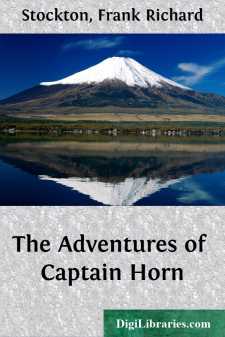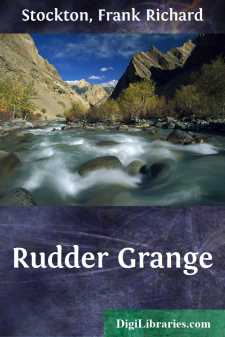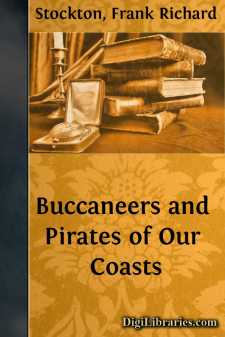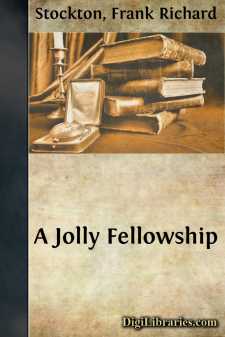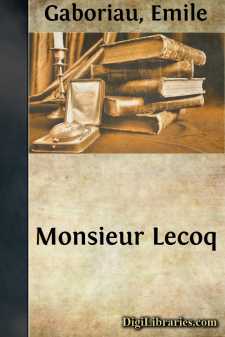Categories
- Antiques & Collectibles 13
- Architecture 36
- Art 48
- Bibles 22
- Biography & Autobiography 813
- Body, Mind & Spirit 142
- Business & Economics 28
- Children's Books 15
- Children's Fiction 12
- Computers 4
- Cooking 94
- Crafts & Hobbies 4
- Drama 346
- Education 46
- Family & Relationships 57
- Fiction 11828
- Games 19
- Gardening 17
- Health & Fitness 34
- History 1377
- House & Home 1
- Humor 147
- Juvenile Fiction 1873
- Juvenile Nonfiction 202
- Language Arts & Disciplines 88
- Law 16
- Literary Collections 686
- Literary Criticism 179
- Mathematics 13
- Medical 41
- Music 40
- Nature 179
- Non-Classifiable 1768
- Performing Arts 7
- Periodicals 1453
- Philosophy 64
- Photography 2
- Poetry 896
- Political Science 203
- Psychology 42
- Reference 154
- Religion 513
- Science 126
- Self-Help 84
- Social Science 81
- Sports & Recreation 34
- Study Aids 3
- Technology & Engineering 59
- Transportation 23
- Travel 463
- True Crime 29
The Adventures of Captain Horn
Description:
Excerpt
CHAPTER I
AN INTRODUCTORY DISASTER
Early in the spring of the year 1884 the three-masted schooner Castor, from San Francisco to Valparaiso, was struck by a tornado off the coast of Peru. The storm, which rose with frightful suddenness, was of short duration, but it left the Castor a helpless wreck. Her masts had snapped off and gone overboard, her rudder-post had been shattered by falling wreckage, and she was rolling in the trough of the sea, with her floating masts and spars thumping and bumping her sides.
The Castor was an American merchant-vessel, commanded by Captain Philip Horn, an experienced navigator of about thirty-five years of age. Besides a valuable cargo, she carried three passengers—two ladies and a boy. One of these, Mrs. William Cliff, a lady past middle age, was going to Valparaiso to settle some business affairs of her late husband, a New England merchant. The other lady was Miss Edna Markham, a school-teacher who had just passed her twenty-fifth year, although she looked older. She was on her way to Valparaiso to take an important position in an American seminary. Ralph, a boy of fifteen, was her brother, and she was taking him with her simply because she did not want to leave him alone in San Francisco. These two had no near relations, and the education of the brother depended upon the exertions of the sister. Valparaiso was not the place she would have selected for a boy's education, but there they could be together, and, under the circumstances, that was a point of prime importance.
But when the storm had passed, and the sky was clear, and the mad waves had subsided into a rolling swell, there seemed no reason to believe that any one on board the Castor would ever reach Valparaiso. The vessel had been badly strained by the wrenching of the masts, her sides had been battered by the floating wreckage, and she was taking in water rapidly. Fortunately, no one had been injured by the storm, and although the captain found it would be a useless waste of time and labor to attempt to work the pumps, he was convinced, after a careful examination, that the ship would float some hours, and that there would, therefore, be time for those on board to make an effort to save not only their lives, but some of their property.
All the boats had been blown from their davits, but one of them was floating, apparently uninjured, a short distance to leeward, one of the heavy blocks by which it had been suspended having caught in the cordage of the topmast, so that it was securely moored. Another boat, a small one, was seen, bottom upward, about an eighth of a mile to leeward. Two seamen, each pushing an oar before him, swam out to the nearest boat, and having got on board of her, and freed her from her entanglements, they rowed out to the capsized boat, and towed it to the schooner. When this boat had been righted and bailed out, it was found to be in good condition.
The sea had become almost quiet, and there was time enough to do everything orderly and properly, and in less than three hours after the vessel had been struck, the two boats, containing all the crew and the passengers, besides a goodly quantity of provisions and water, and such valuables, clothing, rugs, and wraps as room could be found for, were pulling away from the wreck....


